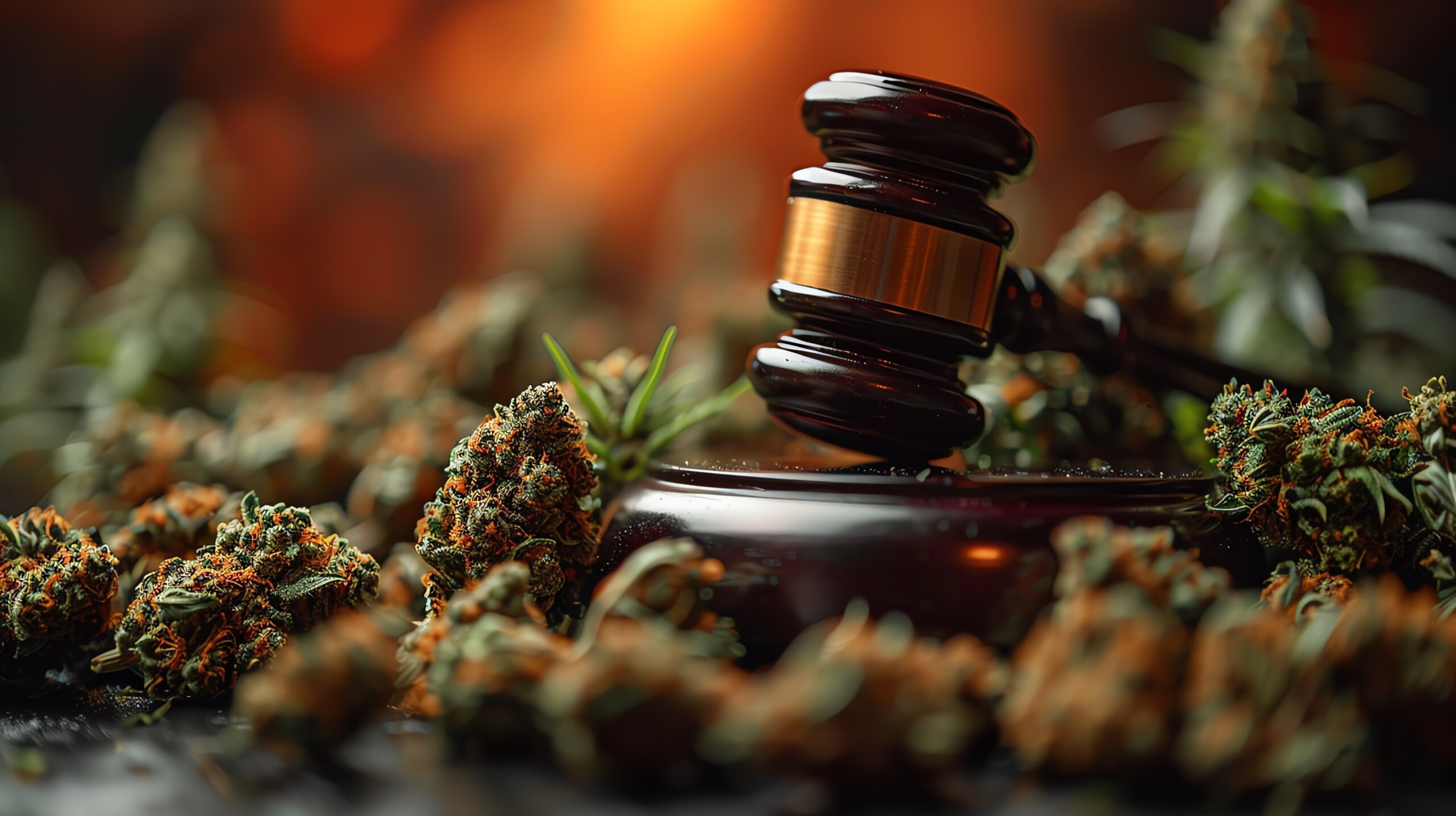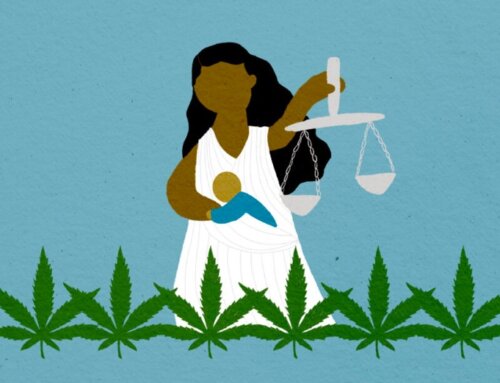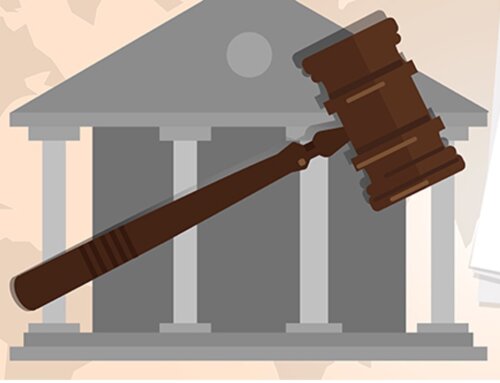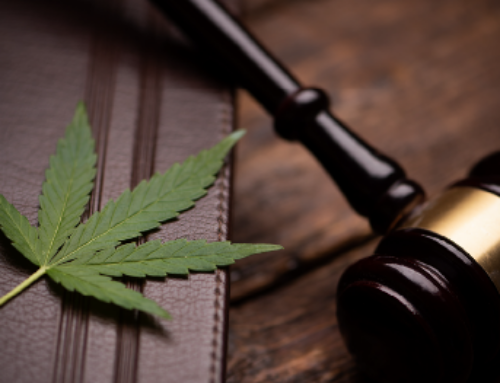Will overturning Chevron have any impact on how marijuana is regulated? Will the Department of Justice still have the ability to reschedule marijuana and be given deference as the agency expert?
In 1984, the landmark case Chevron U.S.A., Inc. v. Natural Resources Defense Council, Inc., 468 U.S. 837 was heard by the United States Supreme Court. The ruling of this case created the “Chevron deference,” which is the doctrine setting forth the legal test when courts can defer to an agency’s answer or interpretation if Congress did not speak directly to an issue. It was a principal aspect of administrative law and gave agencies a privileged position when interpreting and applying legislation.
In 2024, the U.S. Supreme Court overturned the Chevron case in Loper Bright Enterprises v. Raimondo. As a result, judges do not have to presume, focus, or evaluate an agency’s expertise. It also cuts back the power of federal agencies when interpreting laws, giving more power to the courts’ interpretation of ambiguous laws.
The majority found that the Administrative Procedure Act (APA) was consistent with Marbury v. Madison, stating that it is “emphatically the province and duty of the judicial department to say what the law is.” The majority also held that stare decisis did not require retaining Chevron. They argued that it is hard to define the level of “ambiguity” that needs to exist before a court will defer to an agency. Justice Thomas and Justice Gorsuch concurred. In his concurrence, Justice Thomas stated that Chevron is unconstitutional because it does not uphold the separation of powers. He argued that it is a judge’s job to resolve statutory ambiguity. Justice Gorsuch also wrote a separate concurring opinion. He wrote that stare decisis did not require following Chevron and that Chevron violates the APA.
Justices Kagan, Sotomayor, and Jackson were the dissenting opinions. The dissenting Justices stated that the Chevron deference should be upheld. They argued that many ambiguous issues and questions are not within a court’s competence and expert agencies should have the authority and ability to make these decisions. They also believed that it appropriately followed the separation of powers. Further, they stated that by overturning Chevron, power would shift from the Executive to the Judiciary branch.
Sources:
https://www.law.cornell.edu/wex/chevron_deference





